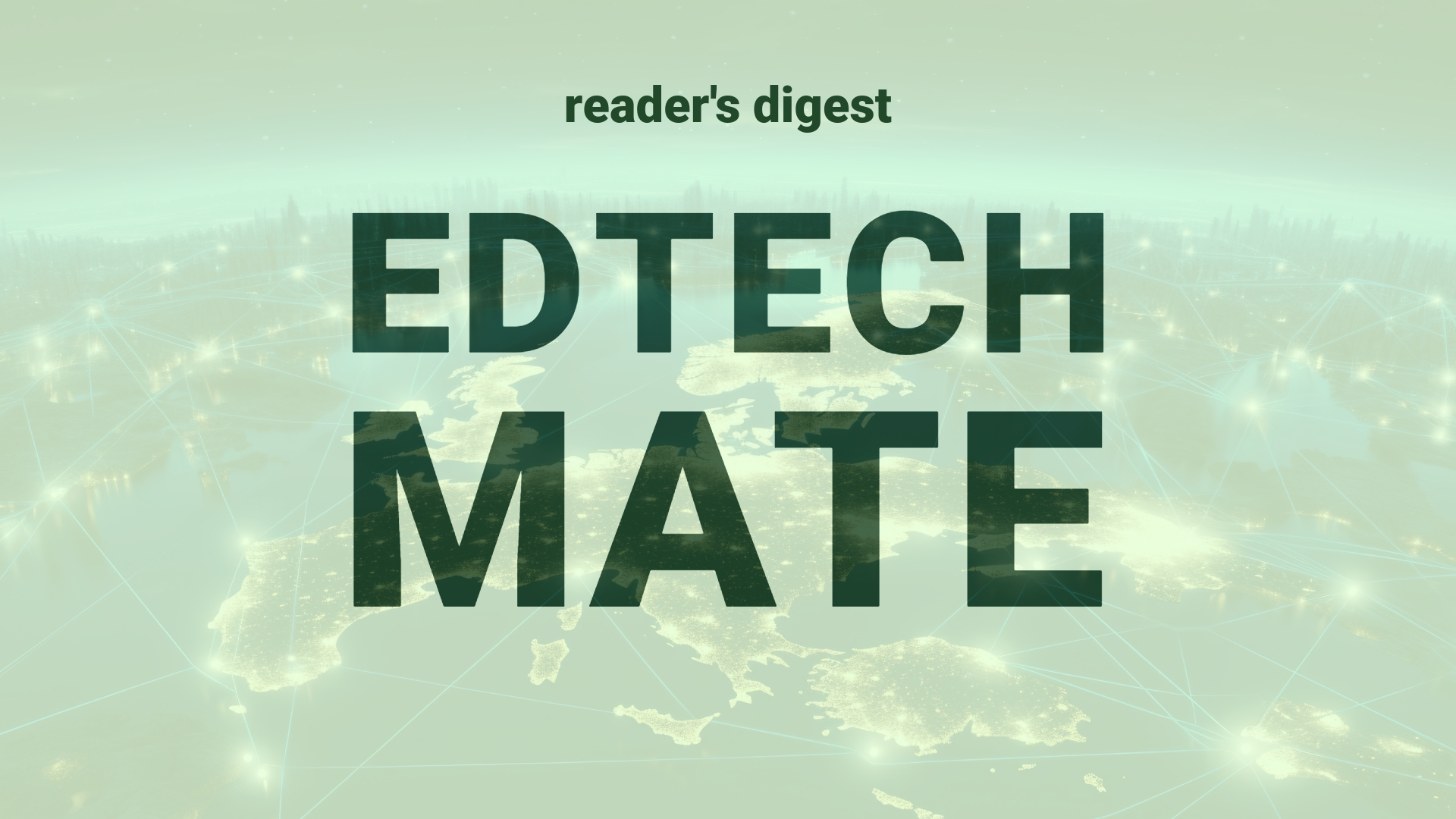“`html
Executive Summary and Main Points
The content focuses specifically on providing strategic advice for constructing effective PhD research proposal writing. Key tips include honing the proposal title, structuring critical information at the forefront of sections, simplifying language without compromising academic integrity, the strategic use of figures, thorough proofreading and consideration of timing. Emphasized throughout are the needs for clarity, simplicity, and strategic structuring to create impactful and memorable proposals which stand out to academic reviewers.
Potential Impact in the Education Sector
The outlined strategies can significantly impact Further Education, Higher Education, and Micro-credential programs by enhancing the quality of research proposals. This improvement can lead to a higher rate of accepted proposals, fostering a more efficient and successful doctoral research environment. Strategic partnerships could be strengthened by ensuring clarity and alignment in research aims, promoting a smoother collaboration process. The digitalization of proposal processes could be optimized through these tips, as embedding clearer structures and visuals are critical in digital formats.
Potential Applicability in the Education Sector
Innovative application of these tips can assist educational institutions in guiding students towards excellence in research articulation. A focus on AI could involve the development of intelligent editing tools which assist in refining proposal readability and clarity. Digital tools could be developed for international education systems which facilitate the visualization of complex research data, aiding in the effectiveness of research communication.
Criticism and Potential Shortfalls
A critical analysis may identify potential oversimplification of complex academic concepts. There’s a delicate balance between accessibility and the nuanced expression of scholarly research. Additionally, ethical concerns may arise when ‘selling’ research ideas to review boards, potentially leading to a disproportionate focus on form over substance. Cultural implications might also affect how proposals are received internationally, with succinct titles and simplified language sometimes inadvertently masking the depth of work or not translating cross-culturally.
Actionable Recommendations
Education technologies must embrace these tips through the development of tools tailored for research proposal optimizations, such as AI-powered writing assistants or templates for structuring the necessary information effectively. International education leaders should invest in workshops or webinars to disseminate best practices for proposal writing. They can also create peer-review networks to help refine and critique proposals before submission, incorporating cultural sensitivity training for global applicability.
“`

